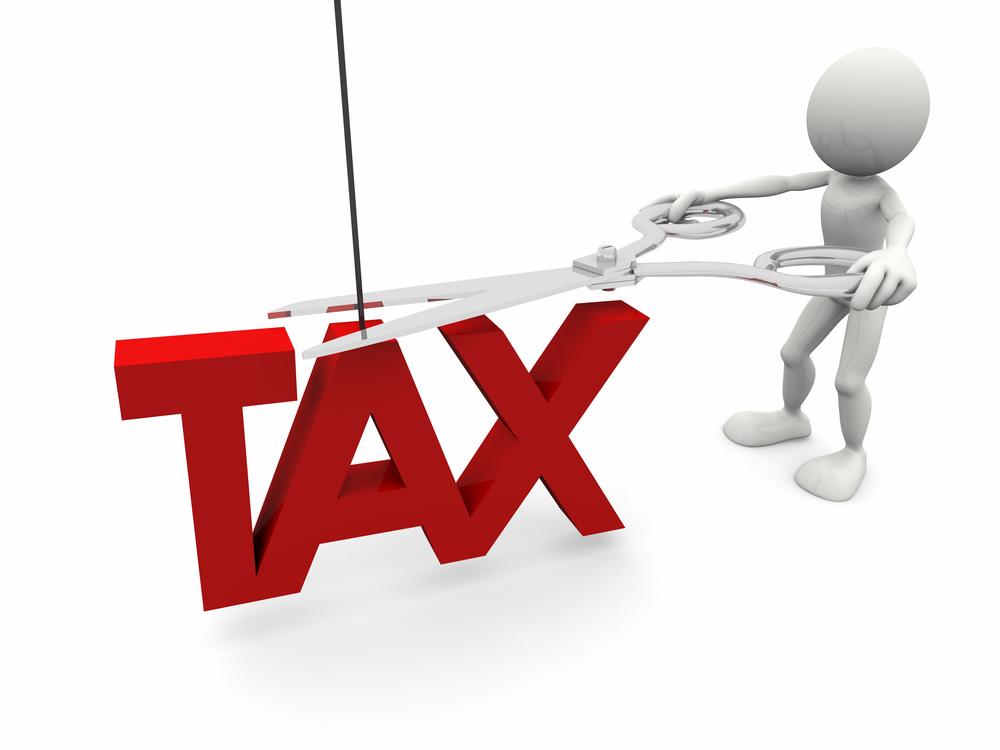We take a deeper look into the tax annoucements and its impact.
24 February 2016 · Jessica Anne Wood

The changes to personal income tax announced by Finance Minister Pravin Gordhan during the Budget Speech did not see the tax brackets adjusted as in previous years. However, the impact of the changes to the rates of tax for the various tax brackets will be huge, according to Di Seccombe, head of tax training in South Africa at Mazars.
“The proposed new tax table did not increase marginal tax rates in any of the tax brackets, but provided minimal relief against in action,” stated Mazars.
The effects of the changes to the tax table are expected to have a minimal impact on lower and middle income earners, with the brunt of it being felt by the higher echelon earners. Peter Attard Montalto, research analyst at Nomura noted: “Within the revenue component things were focused a lot more on the rich with capital gains tax increases and bracket creep ensnaring upper income earners.”
The tax tables
“Every year an adjustment is made to the tax table. This adjustment is made in order to provide relief to taxpayers who will receive a higher salary/income (the higher salary/income is received because goods become more expensive due to inflation and therefore more money is paid to employees).
Therefore the adjustment to the tax table will put the taxpayer in approximately the same fiscal position after tax, each year,” explained Mazars.
However, Mazars went on to note: “The relief that was expected if all the tax brackets were adjusted was R13.1 billion. But Minister Gordhan only adjusted the bottom four brackets and has left the top two the same.”
The rate of taxes for individuals for the tax period 1 March 2016 to 28 February 2017 are as follows:
| Taxable income | Rates of tax |
| 0 – R188 000 | 18% of each R1 |
| R188 001 – R293 600 | R33 840 + 26% of the amount above R188 000 |
| R293 601 – R406 400 | R61 296 + 31% of the amount above R293 600 |
| R406 401 – R550 100 | R96 264 + 36% of the amount above R406 400 |
| R550 101 – R701 300 | R147 996 + 39% of the amount above R550 100 |
| R701 301 and above | R206 964 + 41% of the amount above R701 300 |
Source: South African Revenues Service (SARS)
Below are the rate of taxes for individuals for the tax period 1 March 2015 to 29 February 2016:
| ?Taxable income | ?Rates of tax |
| ?0 - R181 900 | ?18% of each R1 |
| ?R181 901 - R284 100 | ?R32 742 + 26% of the amount above R181 900 |
| ?R284 101 - R393 200 | ?R59 314 + 31% of the amount above R284 100 |
| ?R393 201 - R550 100 | ?R93 135 + 36% of the amount above R393 200 |
| ?R550 101 - R701 300 | ?R149 619 + 39% of the amount above R550 100 |
| ?R701 301 and above | ?R208 587 + 41% of the amount above R701 300 |
Source: SARS
“As you can see the figures for the R550 100 and R701 300 brackets are the same year on year. Because these brackets are not adjusted the taxpayers in these brackets will automatically pay more tax than they did for the year of assessment ending 29 February 2016, because they will be earning more money in the year of assessment ending 28 February 2017.
This effect will result in the relief by government only being R5.5 billion instead of the R13.1 billion as expected. Therefore government is actually receiving R7.6 billion in additional revenue,” revealed Mazars.
National Treasury revealed in the Budget Review: “To reduce the impact on lower and middle-income earners, government proposes that the primary rebate and the bottom three income brackets be adjusted by 1.8 percent and 3.4 percent respectively.”
Furthermore, Mazars pointed out that only the primary rebate (for tax payers under 65) has been adjusted in the 2016 Budget Speech.
PSG explained: “The primary rebate increases to R13 500 but the secondary rebate for taxpayers older than 65 and the tertiary rebate for taxpayers older than 75 remained at R7 407 and R2 466 respectively. This means that the tax threshold has increased to R75 000 for people younger than 65, R116 150 for those older than 65 and R129 850 for taxpayers older than 75.”
Consumers should be mindful
Ester Ochse, channel head at FNB (First National Bank) Financial Advisory, has noted that despite the R5.5 billion personal income tax relief that the minister announced for lower and middle income earners, consumers must learn to do more with less.
Financial discipline is going to become a vital skill with the cost of living set to rise. Consumers are going to be facing gradual increases in food prices, fuel levy, electricity and interest rates in coming months, according to Ochse.
“These are stressful financial times which require every individual to scrutinise their budgets a lot closer. Regardless of the positive message about attempts to boost our economy, the reality is that this will be a financially challenging year for a lot of people due to the consistent rise in the cost of living,” said Ochse.
Free tool

info@justmoney.co.za
4th Floor, Mutual Park, Jan Smuts Drive,
Pinelands, Cape Town, 7405
© Copyright 2009 - 2025 · Powered by NCRCB29
Terms & Conditions
·
Privacy Policy
·
PAIA Manual
View your total debt balance and accounts, get a free debt assessment, apply for a personal loan, and receive unlimited access to a coach – all for FREE with JustMoney.